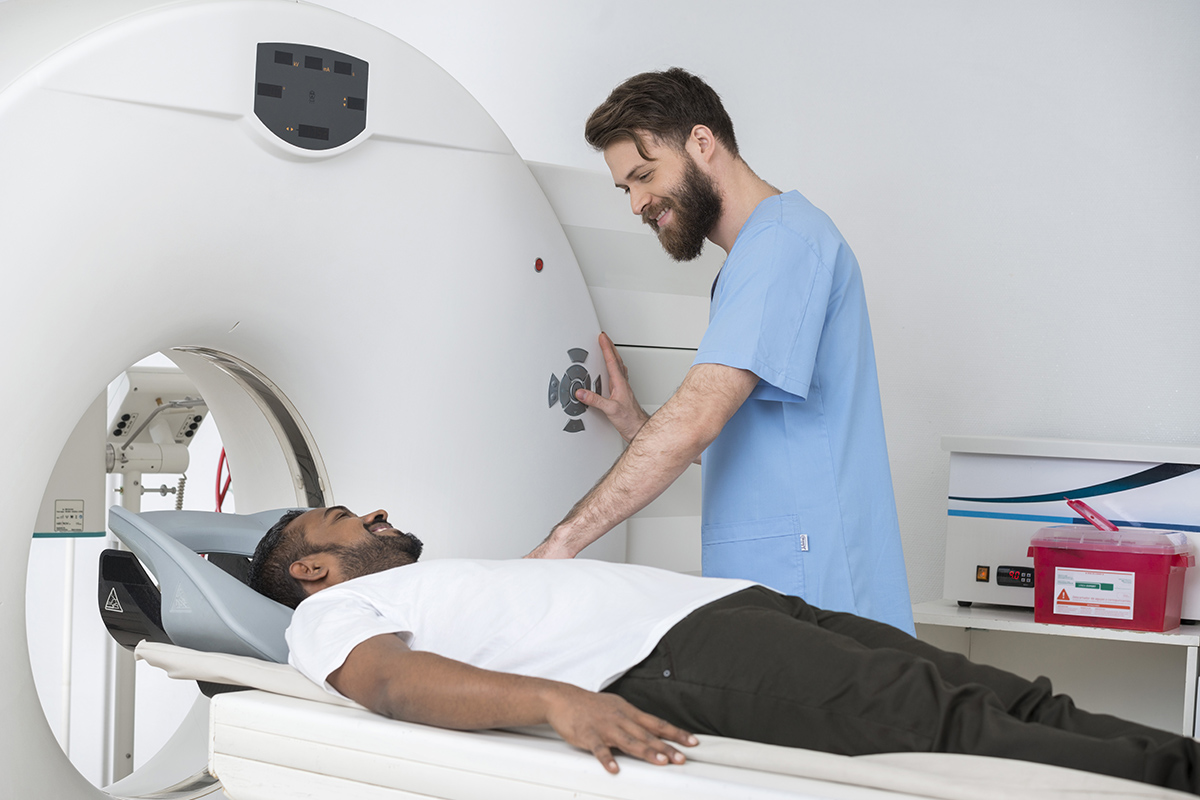
Amended Trial: Eligibility Expands in the EA8191/INDICATE Trial for Patients with Prostate Cancer
August 25, 2023
Now Enrolling: EA3211 for Patients with Squamous Cell Carcinoma of the Head and Neck
August 25, 2023Now Enrolling: EA7211/STRASS 2 for Patients with High-Risk Retroperitoneal Sarcoma

EA7211 – A Randomized Phase III Study of Neoadjuvant Chemotherapy Followed by Surgery Versus Surgery Alone for Patients with High-Risk Retroperitoneal Sarcoma (STRASS 2)
Kenneth Cardona, MD (Emory University/Winship Cancer Institute) is the study chair for this international trial led in the United States by the ECOG-ACRIN Cancer Research Group, with sponsorship from the National Cancer Institute. Richard Riedel, MD (Duke University/Duke Cancer Institute) is the study co-chair in the U.S.
Alessandro Gronchi, MD is the study chair in Europe, where the trial sponsor is the European Organisation for Research and Treatment of Cancer (EORTC). Winan Van Houdt, MD, PhD is the study co-chair in Europe.
Retroperitoneal sarcomas (RPS) account for about 15% of all soft tissue sarcoma and comprise a family of different diseases. The current standard of care for patients with RPS is surgery. The value of treatment with systemic therapy or radiotherapy (RT) remains unclear, and policies regarding their use vary broadly. Overall, survival for patients with RPS varies significantly among histologic subtypes.
Due to the rarity and heterogeneity of RPS, researchers have had difficulty performing randomized controlled trials, leading to a lack of high-level evidence for any treatment strategy. However, thanks to a global collaboration between sarcoma centers in recent years, the STRASS trial (EORTC 62092-22092) successfully reached its enrollment goal. STRASS showed that neoadjuvant RT did not benefit patients with primary RPS (Bonvalot S. Lancet Oncol. September 2020). However, this was mainly because the study did not distinguish between patients with high locoregional risk and those with more pronounced systemic risk who could not benefit from RT aimed at addressing local risk.
A key question that emerged, based partly on these results, is whether patients with RPS with the highest metastatic risk could benefit from neoadjuvant systemic therapy. To answer this, sarcoma researchers at the EORTC designed the STRASS 2 trial to evaluate whether neoadjuvant chemotherapy reduces the development of distant metastases and increases the cure rate. STRASS 2 is specifically for patients with either high-risk leiomyosarcoma (LMS) or dedifferentiated liposarcoma (LPS), the two most common types of RPS. Survival for these individuals at 5 years post-surgery is poor, at only about 30%.
STRASS 2 is the second randomized study ever performed in retroperitoneal soft tissue sarcoma and the first to activate from the ECOG-ACRIN Sarcoma Working Group, formed in 2020. The trial is open in Europe, Canada, Australia, New Zealand, Japan, and now the United States through ECOG-ACRIN. STRASS 2 will enroll a total of 250 patients across these countries. Participants will be randomized to receive either three cycles of neoadjuvant chemotherapy followed by surgery or surgery alone. The chemotherapy is doxorubicin and ifosfamide for LPS or doxorubicin and dacarbazine for LMS. The primary endpoint is disease-free survival.
To be eligible for STRASS 2, patients must have histologically proven primary high-risk LMS or dedifferentiated LPS of the retroperitoneal space or infra-peritoneal spaces of the pelvis. The cancer must be resectable. LMS must be either grade 2 or 3 (tumor size 5 cm or larger) and LPS must be grade 3 (though grade 2 may be acceptable under certain conditions as noted in the Physician Fact Sheet).
Learn more about EA7211/STRASS 2 at ecog-acrin.org.
![ECOG-ACRIN logo[19516]275×75](https://blog-ecog-acrin.org/wp-content/uploads/2021/03/ECOG-ACRIN-logo19516275x75.png)
